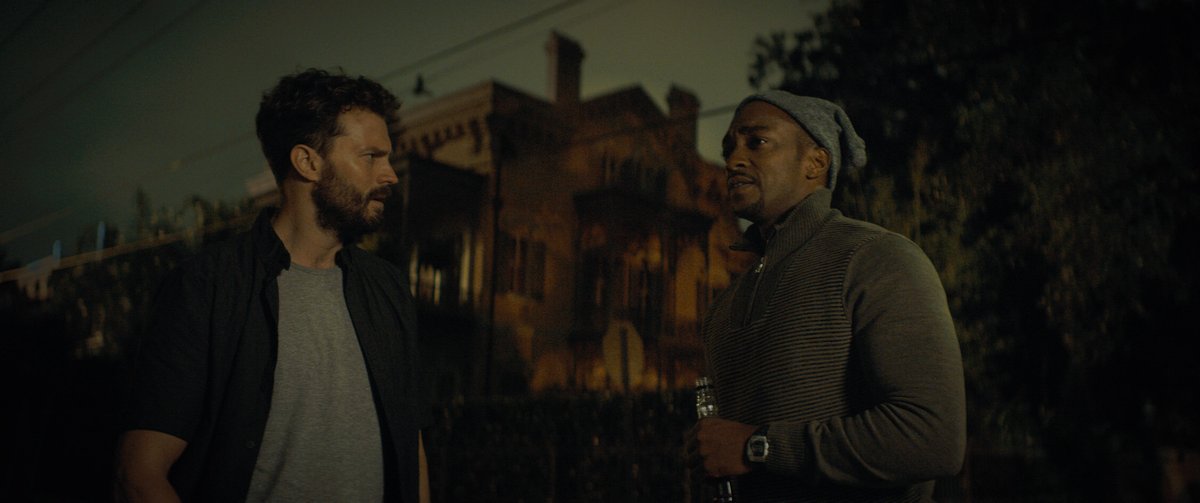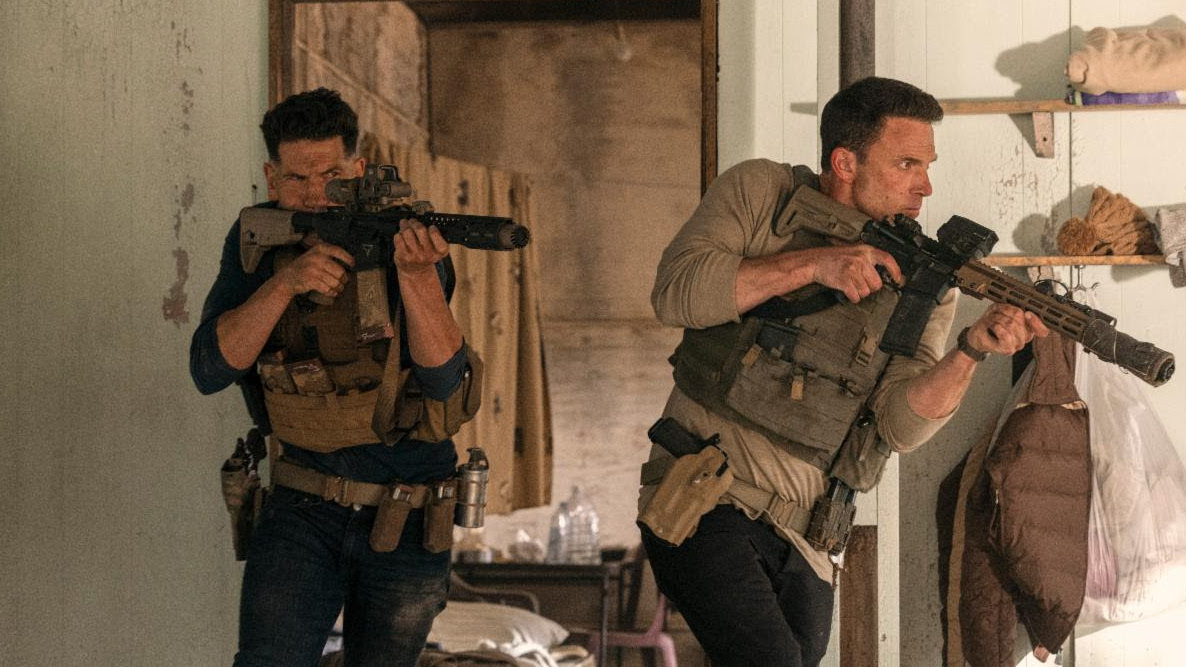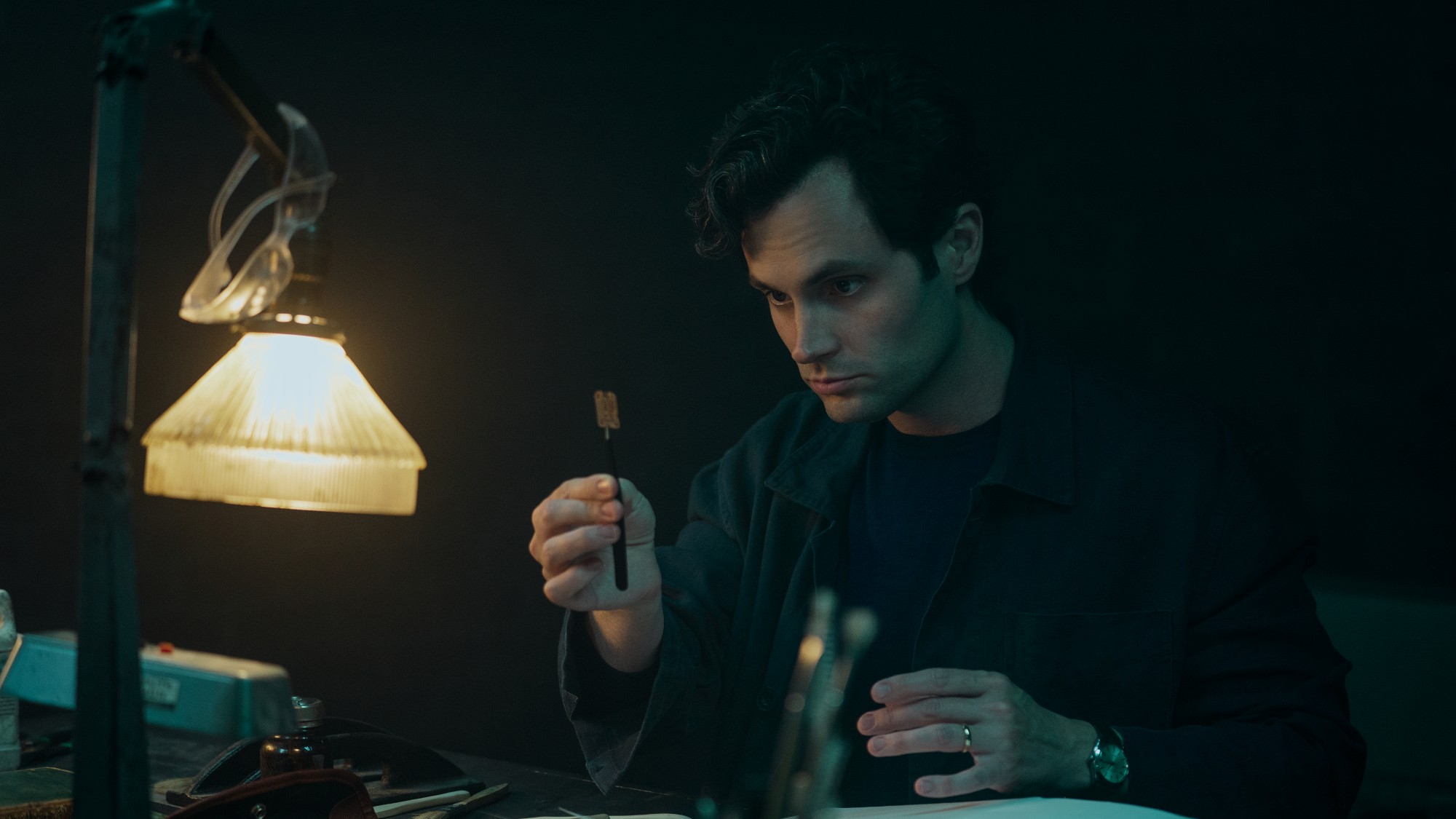What to Watch Verdict
The point of 'Synchronic' lies in its refutation of defeat in the face of nihilism and chaotic chance.
Pros
- +
💊Extremely intriguing high concept hook.
- +
💊Anthony Mackie is magnetic.
- +
💊Superb climax.
Cons
- -
💊Slow start.
- -
💊Second act is more concerned with plot mechanics than emotional storytelling.
Life is a chaotic patchwork of decisions and circumstance, where something as trivial as a night out at the bar can lead to an eventual marriage and children, or a life of sleeping with strangers can become a habitual substitute for intimacy. This is the portrait that directorial duo Justin Benson and Aaron Moorhead paint in Synchronic, which seems to lean into a nihilism in the absence of destiny, acknowledging why people opt for escapism in the face of an ever-looming and inescapable present. But there’s a heart to Synchronic that isn’t readily visible on its sleeve, slowly revealed through an exploration of the past that shows how our time now is worth giving everything we have.
This story unfolds through the eyes of a pair of New Orleans paramedics and best friends, Dennis (Jamie Dornan) and Steve (Anthony Mackie), as they encounter night after night the aftermath of young people’s consumption of a designer drug known as Synchronic. People who take the drug wind up dead or injured from such strange circumstances as sword wounds or apparent spontaneous combustion, completely divorced from the environment where they are discovered. Meanwhile, Steve learns that he has a fatally inoperable brain tumor, but does not tell Dennis as he begins treatment. His imminent fatality takes a backseat upon the realization that Dennis’s eighteen-year-old daughter, Brianna (Ally Ioannides), has disappeared from a party where the drug was consumed. Determined to use the time he has left to find Brianna, Steve buys up the remaining supply of the drug and experiments with its effects to find clues for how to bring her home.
An unfortunate issue with Benson’s screenplay is that it has to take its time before unveiling what Synchronic actually does, as it plants the seeds of mystery in the background of a story about midlife and end-life crises. Dennis has a wife (Katie Aselton) and children whom he loves, but Brianna’s imminent departure from the home and into adulthood has put his relationship with his wife in stark relief. Steve, on the other hand, is coping with a life he may well have wasted, disconnected from everyone but his best friend and the family he has by proxy. As is later suggested in dialogue, this is the product of random chance, the cards that were dealt to each of them that kept them from having any number of different life paths, and it draws very pointed parallels to opioid abuse to show how people abuse substances to escape the realization of that lack of control.
This relatably grounded conflict overshadows the high-concept conceit for nearly half the film, so much so that the second act is predominated by exploration and explanation of just what exactly Synchronic is in a way that is mechanically consistent but potentially overcomplicated. Once it does hit that explanation, the effects work that warps Steve’s reality is beautifully understated and allows for some intriguing setpieces that are no less interesting for their brevity, but the film is more concerned with deconstructing the mechanics of how Synchronic works than in making a grand statement with those exploratory vignettes.
Though Jamie Dornan makes for a competent and interesting foil through Dennis’s midlife ennui, Anthony Mackie is the star of the show, investing Steve with a painfully resigned approach to his own mortality, highlighted by snide comic energy that emphasizes the absurdity of the lengths he goes to investigate Brianna’s disappearance. It’s a performance that has to thrive in scenes without any other characters to interact with, and it only grows more layered as the film progresses, resulting in an arc that at once tragic and hopeful.
In the interests of remaining spoiler-free, the details of the finale won’t be disclosed here, but it elevates the themes of the narrative beyond the structural clunkiness that precedes it. The point of the film lies in its refutation of defeat in the face of nihilism and chaotic chance, embracing the present in a manner that rejects toxic escapism and fetishization of the past. It’s a moving, satisfying climax that justifies the film that built to it, making for an easy recommendation even while acknowledging that the path it took to get there could have been less burdened by a surplus of table-setting.
Leigh Monson has been a professional film critic and writer for six years, with bylines at Birth.Movies.Death., SlashFilm and Polygon. Attorney by day, cinephile by night and delicious snack by mid-afternoon, Leigh loves queer cinema and deconstructing genre tropes. If you like insights into recent films and love stupid puns, you can follow them on Twitter.












